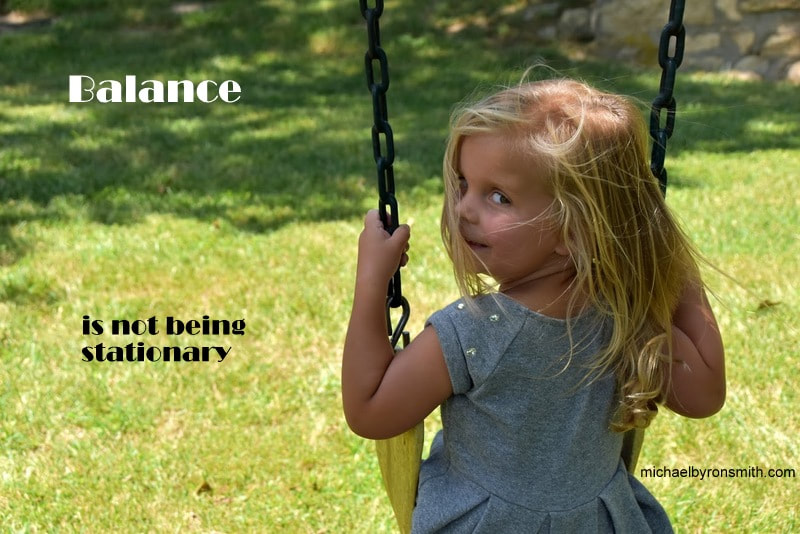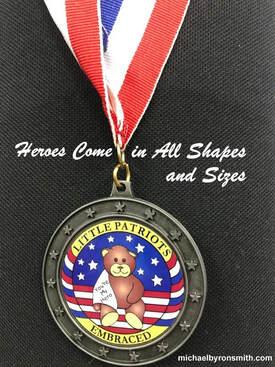 Prague, Czech Republic, by the author
Prague, Czech Republic, by the author In the five to six years I have been blogging my thoughts on fatherhood, I have not missed one week of publishing something. Even though I am on vacation, I cannot bring myself to miss a week now. So, I’m sitting in a hotel in Prague, exhausted from travel and touring, thinking of something easy but useful to pass on. So here it is. It’s about my book, The Power of Dadhood. Please buy it, share it, borrow it, gift it - but, most importantly, read it if you are a Dad! I guarantee you will find at least a morsel that will help you to help your children. What’s more important?
PS. Prague is a great city to visit.
















